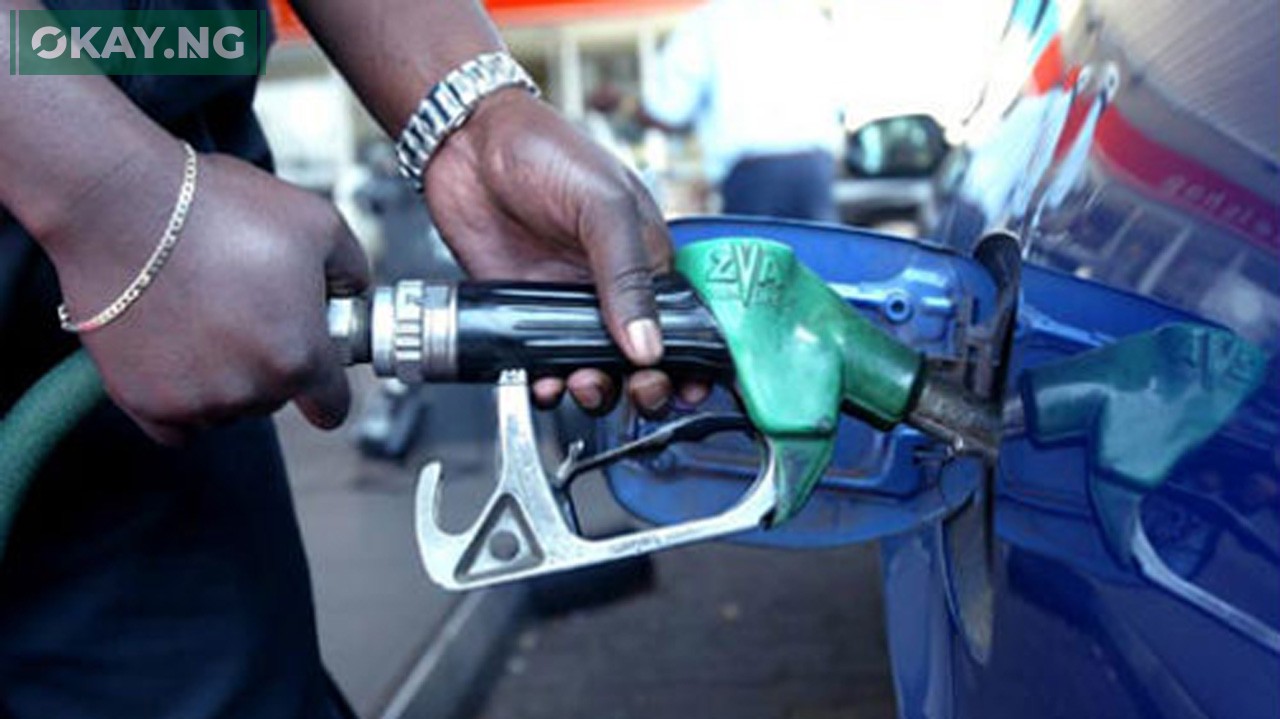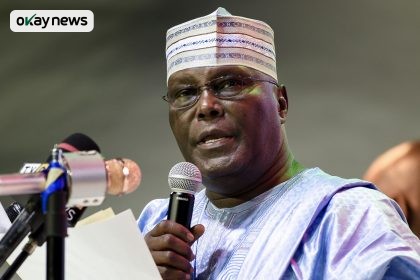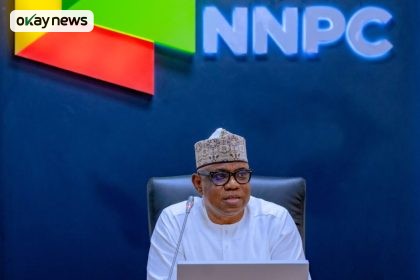Nigeria currently boasts the lowest petrol prices in West Africa, a fact highlighted in a recent report. While this might appear as a boon for consumers, the economic complexities surrounding this situation reveal a more nuanced picture. The report, which I’ve analyzed, indicates a significant price disparity when compared to neighboring countries. However, this seemingly advantageous position is interwoven with ongoing economic challenges that affect the daily lives of Nigerians.
The relatively low Nigeria petrol price is largely attributed to the nation’s historical fuel subsidy regime, although this has been undergoing significant changes and removals. This policy, while intended to cushion the impact of global oil price fluctuations, has also been a source of fiscal strain and economic debate. “The subsidy has been a double-edged sword,” a source familiar with the energy sector told OkayNg, “providing temporary relief but also creating long-term economic vulnerabilities.”
Comparing West Africa fuel prices, we see that countries like Ghana, Senegal, and Côte d’Ivoire face significantly higher costs at the pump. This disparity stems from varying tax regimes, import costs, and local market dynamics. However, the question remains: does Nigeria’s lower price translate to overall economic prosperity for its citizens?
The reality is more complex. The Nigerian economy continues to grapple with inflation, currency devaluation, and infrastructural deficits. These factors often negate the perceived benefits of lower fuel prices. The cost of living remains a significant concern for many, as other essential goods and services continue to rise in price.
Read Also: Nigerian Refineries Boost Output, Signal Reduced Petrol Imports
Furthermore, the energy sector in Nigeria is facing its own set of challenges. The need for infrastructure upgrades, efficient distribution networks, and sustainable energy solutions remains paramount. The long-term impact of fluctuating global oil prices and the gradual removal of fuel subsidies will continue to shape the economic landscape.
These economic shifts impact everyday Nigerians. From the rising transportation costs to the knock-on effects on food prices, the implications are far-reaching.
While having the cheapest petrol in the region might seem like a positive indicator, it’s crucial to consider the broader economic context. The need for sustainable economic policies, infrastructural development, and a diversified economy remains critical for Nigeria’s long-term prosperity.







